Roots Blowers
Price 45000 INR/ Piece
MOQ : 1 Piece
Roots Blowers Specification
- Product Type
- Roots Blower
- Material
- Steel
- Application
- Industrial
- Frequency (MHz)
- 50 Hertz (HZ)
- Power Source
- Electric Blower
- Voltage
- 220-415 Volt (v)
- Color
- Blue & Orange
- Warranty
- 1 Year
Roots Blowers Trade Information
- Minimum Order Quantity
- 1 Piece
- Supply Ability
- 1 Piece Per Week
- Delivery Time
- 2 Week
About Roots Blowers
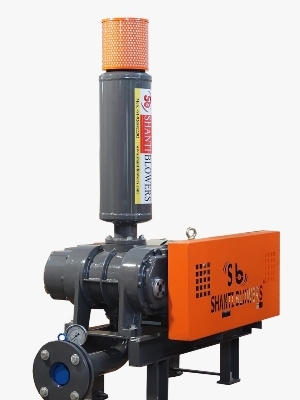
Tell us about your requirement

Price:
Quantity
Select Unit
- 50
- 100
- 200
- 250
- 500
- 1000+
Additional detail
Mobile number
Email
More Products in Roots Blower Category
Tri Lobe Roots Blower
Price 105500 INR / Unit
Minimum Order Quantity : 1 Unit
Material : Steel
Voltage : 240 Volt (v)
Frequency (MHz) : 50 Hertz (HZ)
Roots Air Blower
Price 59500 INR / Unit
Minimum Order Quantity : 1 Unit
Material : Steel
Voltage : 240 Volt (v)
Frequency (MHz) : 50 Hertz (HZ)
Warranty : 1 Year
Twin Lobe Roots Blowers
Price 75000.0 INR / Piece
Minimum Order Quantity : 1 Piece
Material : other
Voltage : 240 Volt (v)
Frequency (MHz) : 50 Hertz (HZ)
Warranty : 12 Months
Biofloc Roots Blower
Price 47500 INR / Unit
Minimum Order Quantity : 1 Unit
Material : Steel
Voltage : 240 Volt (v)
Frequency (MHz) : 50 Hertz (HZ)
Warranty : 1 Year

 Send Inquiry
Send Inquiry
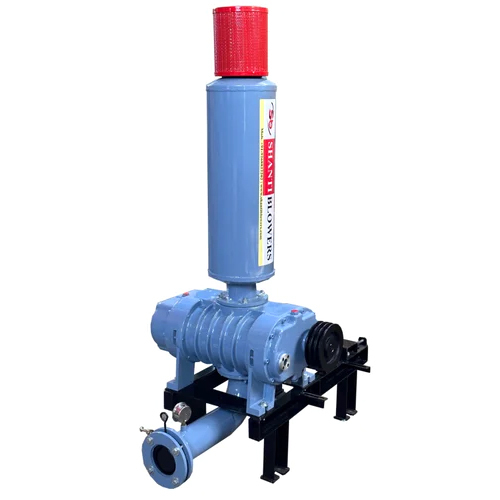
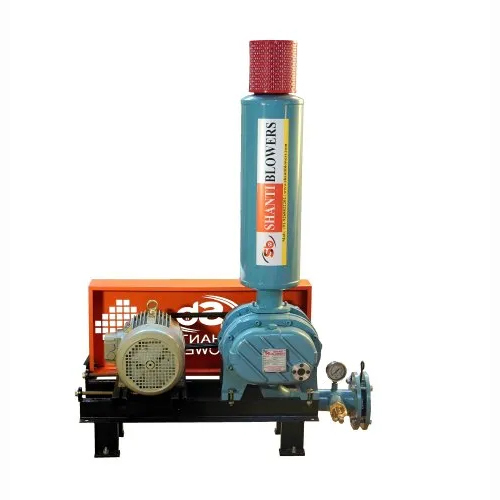
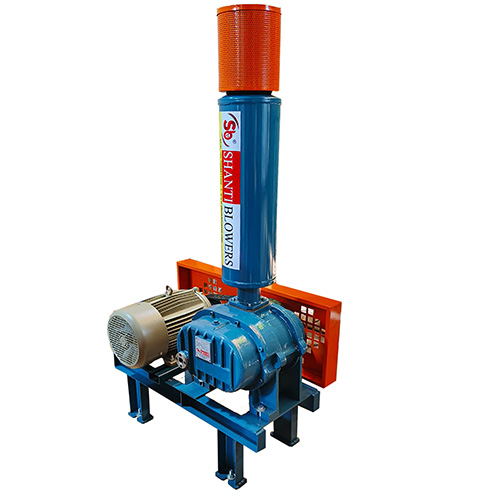
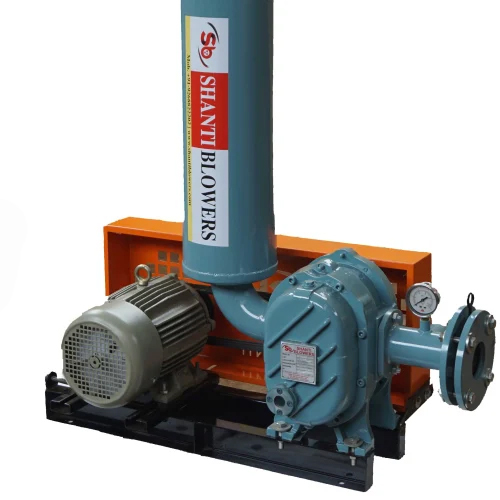


 Send Inquiry
Send Inquiry